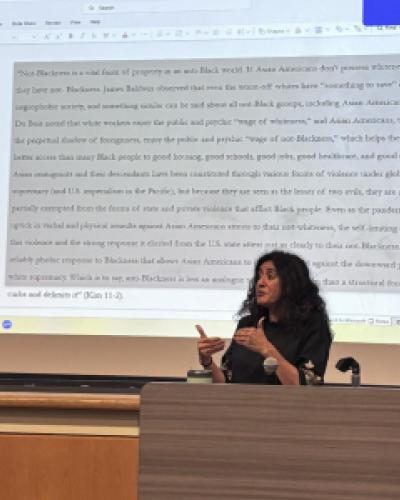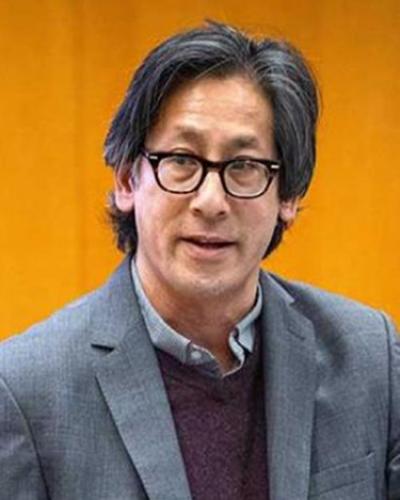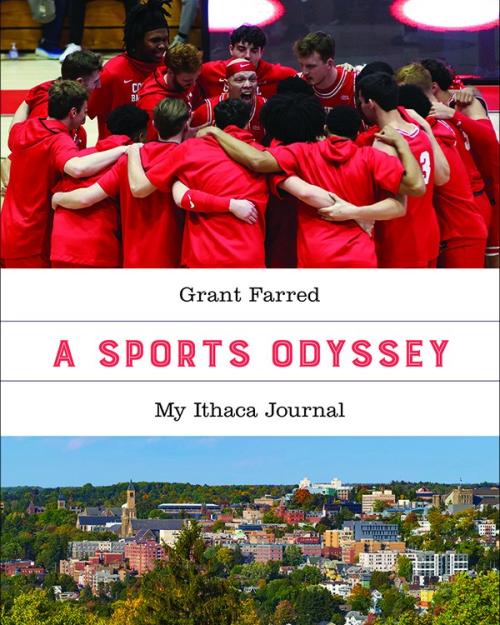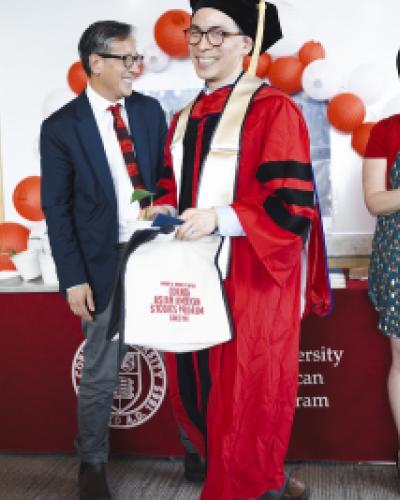I do not think . . . that it is too much to suggest that the American vision of the world—which allows so little reality, generally speaking, for any of the darker forces in human life, which tends until today to paint moral issues in glaring black and white—owes a great deal to the battle waged by Americans to maintain between themselves and black men a human separation which could not be bridged. It is only now beginning to be borne in on us—very faintly, it must be admitted, very slowly, and very much against our will—that this vision of the world is dangerously inaccurate, and perfectly useless. For it protects our moral high-mindedness at the terrible expense of weakening our grasp of reality. People who shut their eyes to reality simply invite their own destruction, and anyone who insists on remaining in a state of innocence long after that innocence is dead turns himself into a monster. - James Baldwin ("Stranger in the Village" 1953)
Why is it that nearly seventy years after James Baldwin made this observation about American society's capacity to deny the reality of racism, we are still stuck in this moment of an incipient recognition—that once again, "It is only now beginning to be borne in on us—very faintly, it must be admitted, very slowly, and very much against our will—that this vision of the world is dangerously inaccurate and perfectly useless"?
A long festering crisis of innocence stands revealed in the brutal killing of George Floyd at the hands of Minneapolis police officers. If "crisis" (from the Greek krisis) refers to a "turning point in a disease, that change which indicates recovery or death," then the current space that we occupy is at the crossroads of peril and possibility. The senselessness and brutality of this particular instance of violence has, sadly, been joined to the whole blighted history of state and vigilante violence directed against African Americans that has led us inexorably to a moment of reckoning. George Floyd, Breonna Taylor, Ahmaud Arbery, Philando Castile, Sandra Bland, Freddie Gray, Michael Brown, Eric Garner. Just a few of the people whose lives have been aborted by the systemic racism that pervades not only the institution of policing but, also, every other institution of social and political life in this country. Many continue to deny, or refuse to see, the dead innocence which the increasingly hollowed out and illegitimate claims of white supremacy continue to wrap ever more tightly around itself, the unholy vestments or, perhaps more accurately, the shroud of power that may finally be starting to unravel in the wake of the widely shared outrage over the murder of George Floyd.
How do we meet this turning point? What does this crisis call upon us to do? Along with naming a decisive turning point, the term "crisis" also names actions—from the Greek krinein, the action of separating, deciding, judging; krinesthai, to explain; and the Latin crimen judgment, crime, and cernere to sift, distinguish, separate. These are the actions that ground our daily praxis as researchers and scholars, and that generate the knowledge that we bring to the classroom. Cornell's Asian American Studies Program is a legatee of the 1968 San Francisco State College Strike, in which a coalition of African American, Latinx, indigenous, and Asian American students in the 1960s called out and sought to change the structural inequities (race, class, and gender) undergirding institutions of higher education. Our work in the comparative analysis of race takes part in a broader struggle to track down and to challenge the systemic racism that pervades all institutions within our society. The program is an intellectual and academic formation that has been positioned from its inception as a site from which to sift through the evidence of, to analyze, to explain, and to challenge the interlocking structures of inequality within American society. The increasing virulence of the daily assaults on black lives lays bare the need for, and adds an even greater sense of urgency to, this work and demands that educational institutions take up the responsibility of educating in the name of freedom and social justice—in short, in the name of recovery rather than death.
For the family and friends of George Floyd, his death is final. As they grapple with the pain of the loss of a brother, a father, a partner, a friend, or a co-worker, we mourn with them as strangers—as people who don't know them personally but who hear their grief, bewilderment, and anger. And if we're willing to listen hard, we'll also discern within that expression of outraged anguish the imperative to act. The demand that we stand and work with them and with the black community in the struggle to achieve justice for George Floyd. The demand to unmask, and to fight against, a systemic racism that underwrites the institution of American policing and so much else in our society.
To hear and to act on those demands, we need to acknowledge and to recognize the historical manifestations, and the experiential consequences, of anti-black racism in this country. It is to learn from the outside what African Americans have been forced to know from the inside. Our work as educators and researchers is one way in which we can meet these demands. We commit ourselves to this fight because the institutional place and position from which we speak was made possible by the hard-won victories achieved by black struggles for social justice and freedom. We commit ourselves to the fight against the depredations and degradations instituted through the many spheres in which state violence operates because this place and position—located as we are on the traditional land of the Cayuga Nation—was made possible through the violence of dispossession of members of the Haudenosaunee Confederacy. No one can speak from a position of innocence. But we need to find a way to speak and to act collaboratively in the face of the work ahead.
Amongst the demands placed on us today is the demand to take an unflinching look at the unspoken histories of systemic inequalities that continue with impunity to deny humanity and dignity to some in order to secure the privilege of others. In this pivotal moment of crisis, we see both peril and possibility. There is another semantic dimension of "crisis" that emerges in the German term Torschlusspanik (literally, "gate-shut panic"), an expression which, during the Middle Ages, referenced the fear that if you did not make it back inside the city walls before the gates closed, you would be left vulnerable to the predations of the criminals and thieves who had been expelled from the city. Figuratively, it refers to a mid-life crisis, or to the fear that time is running out. The temporal imperative bears emphasizing here. Time is running out. In this moment of dead reckoning, we call on the university to strengthen its resolve to support and to help advance educational missions that work towards interrupting and disabling circuits of inequality. We call on the university to bring clarity and conceptual rigor to the fight against systemic racism within and beyond institutions of higher education by separating, discerning, and judging the differences in meaning between diversity work and anti-racist work. In this crisis, we call on the university, we call on every one of us, to fight to be on the right side of a closing gate, the side where we won't have to live in a future marked by our own complicity and failure to act.





